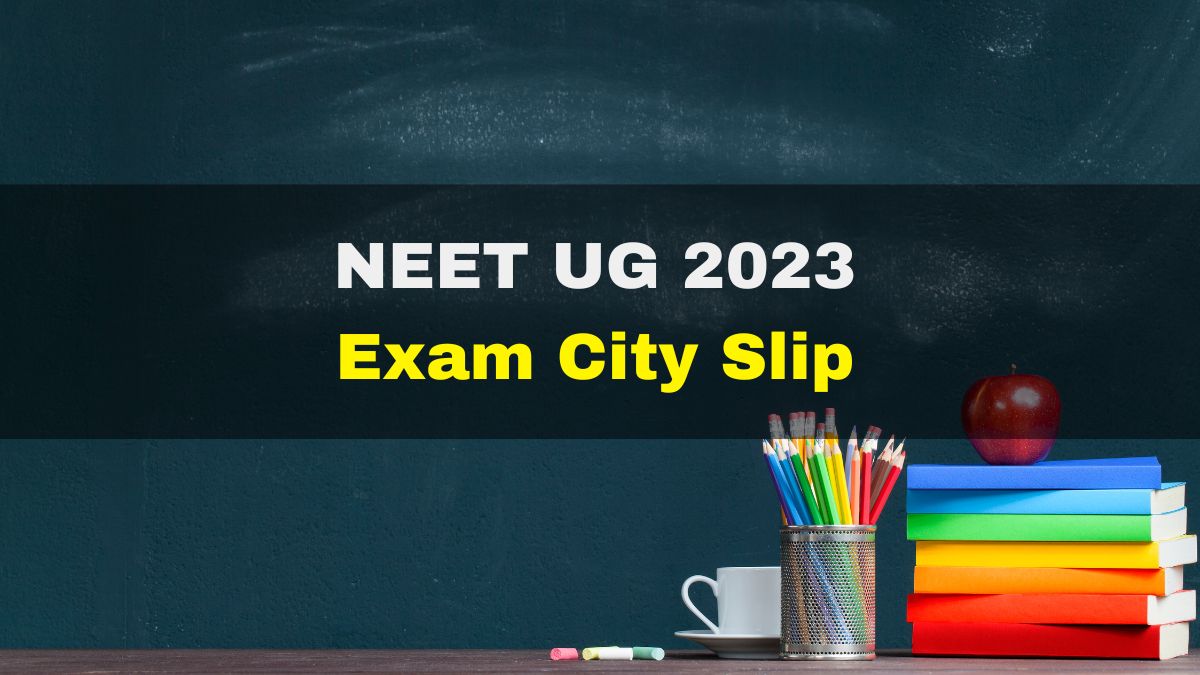The Andhra Pradesh State Government’s recent intention to establish self-financing and NRI quota seats in government medical institutions has provoked intense resistance from the medical community. The State Health Department issued G.O.Ms.No.107 on July 19, 2023, amending the Andhra Pradesh Government Professional Institutions (Regulation of Admissions into Undergraduate Medical and Dental Professional Courses) Rules, 2004. This article dives into the new policy’s specifics, its consequences, and the reactions it has elicited from various parties.
The New Quota System
According to the amended rules, government medical colleges permitted beginning in the academic year 2023-2024 will allocate 15% of total medical seats to the All India Quota, with the remaining 85% divided into three categories: general, self-financing, and NRI. The following is a breakdown of these categories:
- 50% of the seats – Competent Authority (General Category) quota seats filled with local candidates of two local areas of Andhra Pradesh.
- 35% of the seats – Competent Authority (Self-financing) category filled with local candidates of two local areas of Andhra Pradesh.
- 15% of the seats – Competent Authority (NRI category).
MBBS Course Fee Structure
In response to the revised quota distribution, the State issued G.O Ms No. 108, which defined the pricing structure for the MBBS degree at Government Medical Colleges beginning with the academic year 2023-2024. According to the Government Order, the following fees will be charged to MBBS students enrolled to these colleges:
- General Category seats: Rs 15,000 per annum.
- Self-financing category seats: Rs 12 lakh per annum.
- NRI category seats: Rs 20 lakhs per annum.
The AP Junior Doctors’ Association is opposed
The government’s move has been severely opposed by the Andhra Pradesh Junior Doctors’ Association (AP JUDA). APJUDA highlighted concerns to the State Health Department in a letter that categorising seats into self-financing and NRI quotas would limit the overall number of available seats for qualified students, regardless of financial situation. They think that this decision goes against the honourable chief minister’s goal to make medical education available to all citizens, particularly those from lower-income families.
Demands of APJUDA
The APJUDA has asked that the recent Government decree categorising GMC seats be completely reversed. They say that such categorisation, in conjunction with the high fees for self-financing and NRI category seats, is inconsistent with other states’ practises and may create an unnecessary strain on parents. The union also threatened a walkout if the government did not reconsider its decision.
The Position of the YSR Congress Party
The medical branch of the Yuvajana Shramika Rythu Congress Party (YSR Congress Party), on the other hand, denied charges of unlawful selling of medical seats. Dr. Mehboob Sheikh, the YSRC medical wing’s zonal in-charge, emphasised that Chief Minister Y.S. Jagan Mohan Reddy has aggressively cut medical costs levied by government medical colleges. He explained that the revenue earned from self-financing and NRI category seats will be used to establish and maintain state government medical institutions.
The Andhra Pradesh State Government’s intention to allow self-financing and NRI quota seats in government medical institutions has sparked a discussion within the medical community. While the government believes it would assist acquire extra financing for medical institution growth, APJUDA and other critics claim that it will limit access to medical education for worthy students. As this difficult topic plays out, it will be interesting to observe how the government addresses the concerns made by various parties while striking a balance between financial viability and giving equitable opportunity for ambitious medical students.























